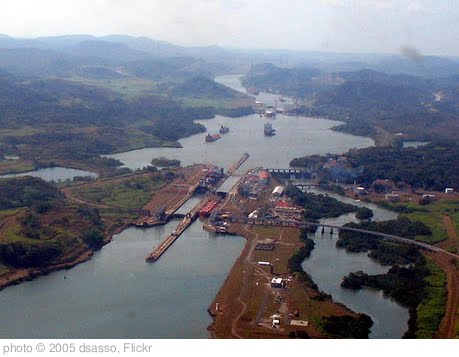Today is St. Nicholas Day. But the following quote from the story “A Candle for St. Bridget” by Ruth Sawyer features a different saint, St. Bridget of Ireland:
“It was a day of celebration; we had currants in the griddle bread, and Mickey, the post-boy, dropped in for his ‘sup o’ tea.’ I was given a free choice of a the stories I would be hearing again, and I chose St. Bridget. With the moor wind caoining around the chimney and the turf blazing high, the children stretched on the clay floor, and Delia with her foot on the cradle keeping the ‘wee-eat one’ hushed, Michael took us over the hills again to Bethlehem to the manger wherein Mary had laid her baby. We saw the byre with its rude stalls and the crib where the hay was stacked; we saw the gray donkey munching contentedly and Joseph, fallen asleep; and we saw Bridget stoop and take the baby to her own heart and croon him his first cradle-song. All this we saw by ‘the light of the Wee Child’s own glory’ and the gift of Michael Donnelly’s tongue.” ~from A Newbery Christmas, Fourteen Stories of Christmas selected by Martin H. Greenberg and Charles G. Waugh.
Today’s gifts from Semicolon:
A song: Santa Claus Is Coming to Town (Jackson 5)
A booklist: Celebrating the Irish
A birthday: Joyce Kilmer, b.1886.


